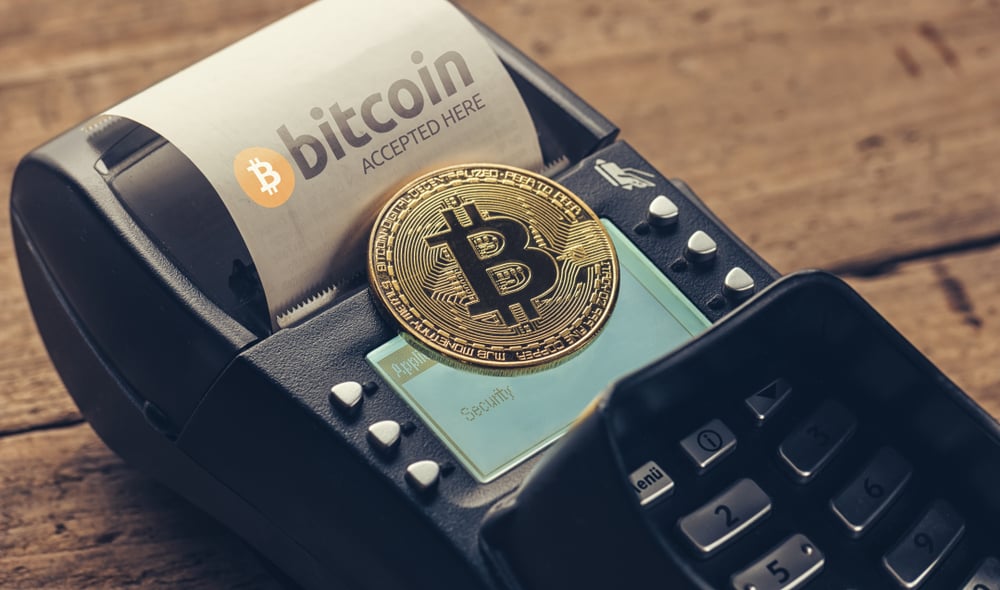India’s Government Ramps Up Scrutiny of Cryptocurrency Payments

A senior Indian financial official has revealed steps taken by the government to render cryptocurrency payments ‘illegal’ in the country.
In December 2017, law enforcement agencies in India were reportedly looking into incidents of money laundering, fraud and tax evasion in relation to the digital currency market. Now, it has been confirmed that the country will also simultaneously lay down provisions to regulate cryptocurrency exchanges in the near future.
In an interview with CNBC TV18 , Indian Economic Affairs secretary S.C. Garg revealed a panel has been set up by the government to prepare a report on cryptocurrencies, which is expected to be published by the end of the fiscal year.
He emphasized:
“The government will take steps to make it illegal as a payment system.”
Further, the official went on to hint at upcoming regulations for cryptocurrency exchanges and the trading of ‘crypto-assets’.
“We hope now within this financial year the committee will finalize its recommendations … certainly, there will be a regulator,” Garg, who is heading the panel, said. In presenting the country’s budget, India’s Finance Minister Arun Jaitley told the parliament that the government will be enforcing a zero-tolerance policy on the use of cryptocurrencies for transactions of illegal nature.
Interestingly, the remarks made by Jaitley sparked widespread mania within the Indian bitcoin community that misinterpreted his words to believe that the government was banning cryptocurrencies. Soon after his statement was broadcast on live television, the price of bitcoin crashed, before recovering soon after.
Claims of cryptocurrencies being possibly used for terrorism and contraband purchases dates back several years now and are almost as old as the market itself. So far, however, there has been no major evidence linking the two, apart from the Silk Road scandal that revealed bitcoin to be the primary vehicle for drug and armament related transactions. Despite that fact, it is important to note that cryptocurrencies, including bitcoin, have found several legitimate uses.
It is clear now that India does not wish to embrace cryptocurrencies as a payment alternative and instead, regulate them as a new asset class. Such behavior has been demonstrated by several governments in the past, including the United States. After all, permitting payments in cryptocurrency allows people to bypass state-backed fiat currencies entirely.
While substituting cash for bitcoin was the original vision for the digital currency, as stated in its whitepaper , it seems as if states around the world are only willing to accept it as a digital store of value, akin to gold. Precious metals are not recognized as legal tender either.
Zebpay, one of India’s most popular cryptocurrency exchanges, has released a blog post on the matter, stating that the outcome has been rather positive and that it will comply with any relevant regulation introduced by the Blockchain and Cryptocurrency Committee.
Featured image from Shutterstock.